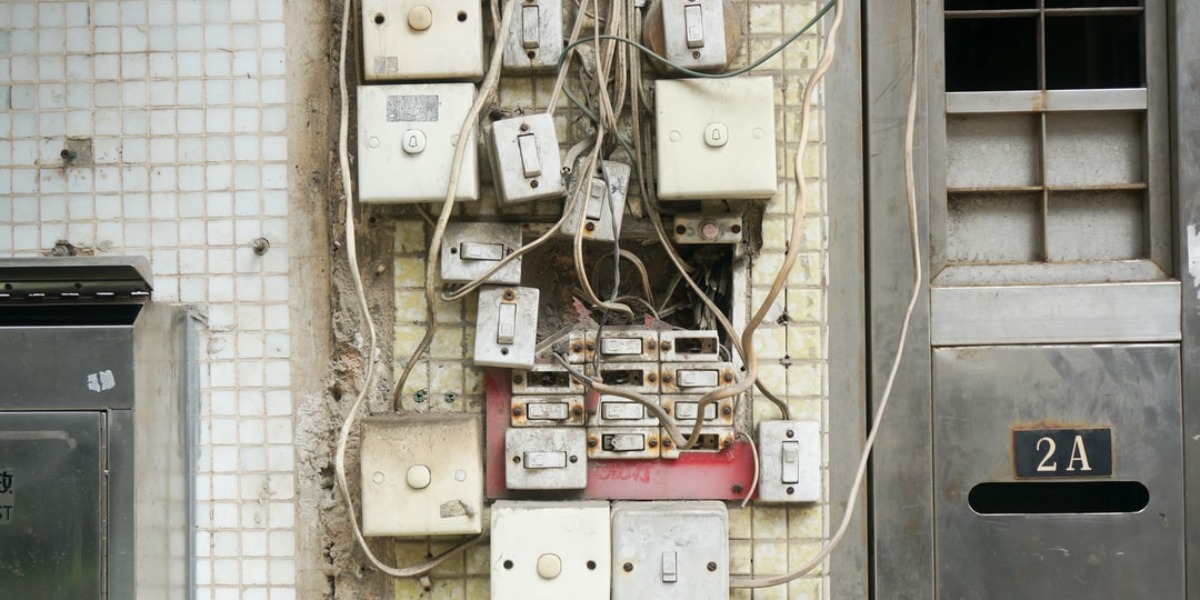A Case Against Optimizing Your Life

Many people I know are on a quest to optimize their lives — some of my favorite people in the world will spend days trying to perfect a productivity system, get things automated, or find the perfect software for anything they’re doing. They are on a continual search for the perfect diet, the perfect work routine, the perfect travel setup.
Optimizing can take quite a bit of time and energy.
What would happen if we let go of optimizing? Who would we be without the idea that we should optimize everything?
One idea is that if we decided not to optimize everything, we’d stop caring, stop trying to make things better, and live suboptimal lives. But I know myself pretty well — I will always care, even if I am not trying to optimize. I will always do my best, which is different than optimizing — it’s taking care and giving love, even if things aren’t optimized. I believe most of you are this way, pouring your hearts into something with pure love, without needing to make everything perfect.
So why shouldn’t we optimize? And what would it be like if we didn’t?
Give me a few moments to make the case against optimizing, and present an alternative way.
The Case Against Optimizing
I don’t think people who optimize are idiots (many of the smartest people do it), nor is it a life-ruining thing to try to optimize. I’ve done it many times.
But consider:
- The savings never get realized. When you try to optimize, you are spending some of your precious life moments trying to find the perfect setup. Sure, once you’re done, things will theoretically be set up perfectly from then on, so over the long run you should save a lot of time and effort, right? Well, first, let’s acknowledge that there’s a big cost to optimizing up front. And the savings would only be realized after running the optimal system or method for a good while. Unfortunately most people who optimize don’t just set it up and forget it — they continue to try to optimize over and over. It’s a never-ending quest, so the cost keeps adding up but the savings never catches up.
- Optimizing is a trap of dissatisfaction. Optimizing is the quest for something as close to perfect as you can get it. But that’s an unrealistic ideal. It doesn’t really exist. And we’ll never get to optimal — when we get close, we’ll continue the habit of being dissatisfied with the way things are. We’ll have put in a lot of work, but then not be happy. Because the search for perfect is a trap, where you’re strengthening the mental habit of dissatisfaction.
- Optimizing is a focus on what’s not important. Coming up with the perfect productivity system, the perfect todo list software — it’s not important. It’s procrastination on the things that are truly important. The tasks at the top of the todo list you already have, that you’re not working on, so that you can optimize. Coming up with the perfect diet system isn’t important — eating vegetables is. Eating nuts and beans and fruits is important. Forget the rest, just do that. Coming up with the perfect vacation isn’t important — you’re missing out on what’s right in front of you, there at home, when you are trying to optimize your next trip.
- Even if you could optimize, such a perfect life would suck. Let’s imagine for a moment that you could spend a week optimizing every single thing in your life. Everything is now perfect, most things are automated, life because ridiculously easy. (Hint: it’s not possible.) Even if were possible to make life this perfect, life would absolutely suck. If everything ran easily, you would never appreciate any accomplishments, because they came too easily. Nothing would be earned, nothing would feel amazing. People run ultramarathons not because they are perfect and ideal and easy, but because they are such a struggle. The struggle makes it meaningful. Sure, get some good tools, learn how to do things well … but don’t worry about a little extra work. Don’t worry about don’t something a few too many times. A little repetition helps you to get really good at something. A little difficulty helps you to really learn something. A little irritation helps you to find patience, let go of ideals and love things as they are.
- Optimizing is a good way to get things to break. Imagine that you optimized a series of software tools so they all ran perfectly together, a huge complicated structure of connected machines … amazing work, well engineered, well thought-out. But when things are optimized like this, they are fragile. If one thing breaks, the others do too. If your life is optimized, it’s easy to break. To give you another example … let’s say you have an optimized sleep routine. It’s amazing, and you get great sleep this way! But then you have to fumigate your house, so you have to sleep at a relative’s house. Your entire optimized routine is thrown off, so you get horrible sleep for a few days. Then you try to optimize your sleep for travel, getting a great setup for sleeping on the plane and trains. Then your favorite sleep mask, ear plugs (or noise-canceling headphones) and travel pillow get stolen. No sleep! The most optimized thing to do, then, is to not optimize — get good at dealing with everything, from sleeping on trains without any kind of setup to sleeping on the ground. Unoptimize your life by getting good at dealing with unoptimal situations. Throw randomized craziness into your life. Forget about optimizing, and learn flexibility, learn to deal, learn to let go, learn to adapt.
- Optimizing is a distraction. It’s like cleaning the decks when the Titanic is sinking. It’s not important that you optimize. It’s important that you are present, that you learn to be mindful, to be compassionate, to work from a place of love, to let go of your attachments, to see your interconnectedness with others. To be pure love, and to give your gift to the world. Not what todo software you use, not what bulletproof coffee you drink, not what perfect backpack you carry. Don’t get caught up in the distractions — focus on what truly matters.
So what’s an alternative way? There isn’t one way, of course, but I’ll share some ideas.
An Alternative Way
Consider a different way of being:
- Instead of optimizing your schedule, pick one thing to do and focus fully on it. Do it with all of your heart, out of love. When you’re done, give a bow of gratitude. Take a moment to pause and not rush to the next thing. Repeat.
- Instead of trying to find the perfect software, the perfect tool, the perfect travel clothes … focus on being content with where you are, who you are, what you have, what is in front of you right now. Contentment is much more important than getting to perfect.
- Instead of building a fragile optimized routine, system or setup … give yourself less-than-optimal situations, randomness, things you need to adapt to. Develop flexibility, agility, adaptability, robustness, antifragility.
- Be present. Appreciate the fleeting moment, because there won’t be many more before you die. Be fully immersed in the moment, cherishing the beauty of this life.
- When you find yourself with the urge to optimize and find the perfect setup, recognize that you’re letting yourself be distracted from what’s important. Then ask yourself, “What’s most important right now?” Focus on that, even if it gives you discomfort and makes you want to run. Get good at that, rather than good at optimizing.
- Let your path be less controlled, more random. Let it be filled with messiness, because that’s how you adapt to messiness. Let it be filled with chaos, because then you can find peace in the middle of chaos. Let it be filled with the joy of life exactly as it is, because that’s optimal. What is. Not what you wish it could be.
And do it with a smile and joy in your heart. What a life we have been gifted with!


